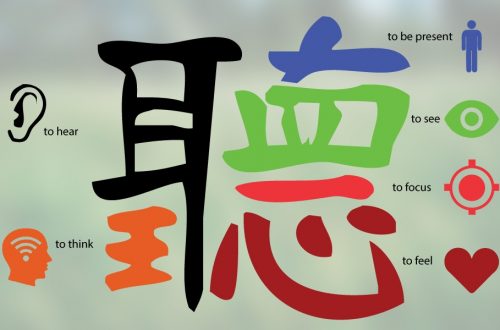
Dancing in the storm
Living with a chronic illness can be a constant battle between the past and the future. The envisioned future can be ruthlessly shattered for those afflicted or caring for someone with such an illness, leaving them in a unique existential pain. As they mourn losing their imagined future, they must still strive for an unknown future with courage, faith, and hope.
Living with a chronic illness is like walking a tightrope between the past and the future. Looking back, they can see what the disease has taken away from them or forced them to give up. Looking ahead, everything seems uncertain, and there is no going back to the past. Loss of identity can exacerbate the situation, leading to diminished self-esteem and body image, which can spark anxiety and depression.
Chronic illness can take away many of the characteristics that make up a person’s identity while also causing the loss of livelihood. The aggregate of these losses can be potentially enormous and can lead to intense grief. Fear is also a significant factor in such situations, as there is always uncertainty about the future.
Depending on the nature of the illness, a person can lose a lot: career, income, self-reliance, freedom, cognitive function, intimacy, pride, joy, self-esteem, self-control, independence, mental health, hope, and security, to name a few. In extreme cases, a single disease can cause all these losses, sometimes repeatedly and in many ways. The loss of a body function or part can also derail a person’s career or prevent the fulfillment of a dream.
Well-meaning comments from friends, family, co-workers, or healthcare professionals can sometimes complicate things by saying, “It could have been worse” or “You look good.” These statements may nullify a person’s physical and emotional suffering. Positive thinking is crucial, but it is essential not to make such statements a point of view, as this can be useless and deprive the person of the right to feel sad.
It helps to listen to the person and help them learn to accept the loss and/or limitation. The focus should be on what is still there rather than what was there. Language is crucial, and positive language can make a massive difference in helping a person understand their situation.
Dancing in the storm
Writing, sharing, and acting out (in whatever form) can help you not curse the situation you are in but teach you how to dance in the storm.
Painting: Dancing Underwater – Marco Ortolan




